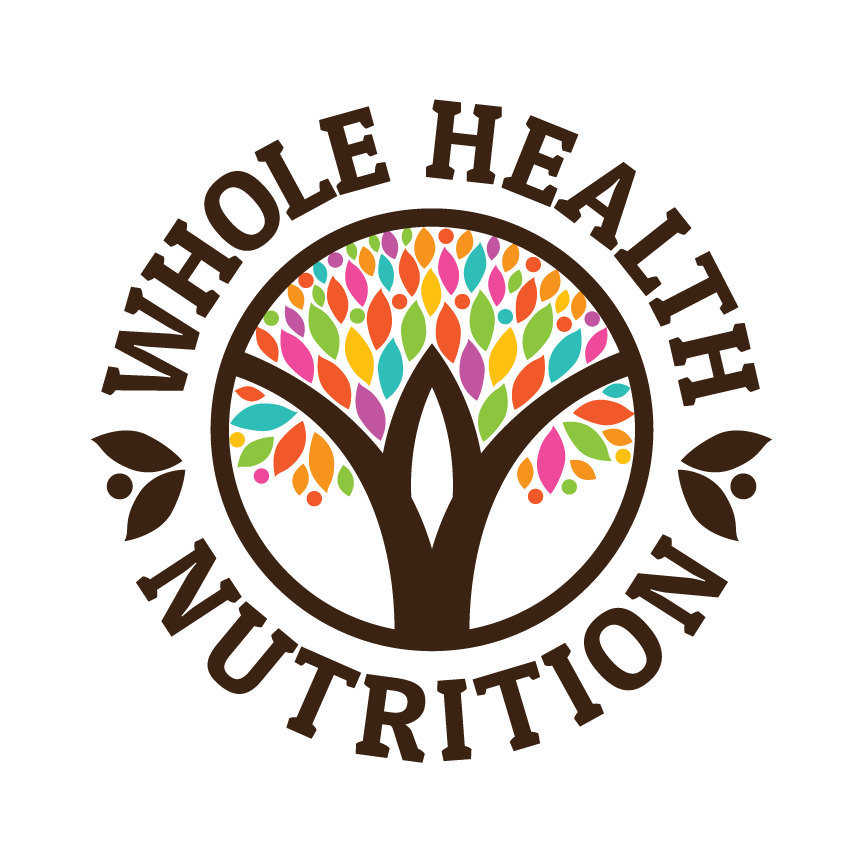10 Foods To Help Boost Your Energy
It’s 3 pm, and you’ve hit the notorious mid-afternoon slump.
Your body sinks into the chair as you strain to keep your eyes open. You feel tired, unmotivated, and even simple tasks seem exhausting. But before you crack open that Red Bull or pour another cup of coffee, turns out there’s a solution void of sugar-sweetened chemicals or bottomless caffeine (accompanied by that inevitable crash)! Load up on these nutrient-rich foods to naturally keep your energy levels up all day long…
Avocados
Avocados are loaded with healthy fats, fiber, and B vitamins, which help produce and maintain energy levels.
Suggested intake: ¼-½ cup, 2+ times per week
2. Nuts
Nuts (such as almonds, walnuts, and cashews) are rich in magnesium and B vitamins, which help convert food into energy. They are also rich in protein, fiber, and healthy fats to promote a steady release of energy.
Suggested intake: 1 oz, 3+ times per week
3. Oatmeal
Oats contain energy-building B vitamins and fiber to promote slower digestion, giving you a long-lasting energy boost.
Suggested intake: ½-1 cup, 2+ times per week
4. Yogurt
The sugar in yogurt (lactose) provides ready-to-use energy once broken down, and the protein in yogurt helps slow down absorption for a longer energy boost.
Suggested intake: ½-1 cup, 3+ times per week
5. Beans
Beans are rich in fiber, so are digested slowly to maintain a steady blood sugar and energy levels. They also contain folic acid, magnesium, and iron, which are involved in energy production and delivery to cells.
Suggested intake: ½ cup, 2+ times per week
6. Leafy Greens
Leafy greens (such as spinach, kale, arugula, broccoli, chard, and collard greens) are packed with 10+ vitamins, minerals, and antioxidants known to fight fatigue (including iron, calcium, folic acid, and vitamin C).
Suggested intake: 2+ cups per day
7. Fatty Fish
Fatty fish (such as salmon, mackerel, and tuna) contain vitamin B12 and omega-3 fatty acids, which have been shown to reduce inflammation and fatigue.
Suggested intake: 3-4 oz, 2+ times per week
8. Eggs
Eggs are rich in B vitamins and the amino acid leucine, which are known to stimulate energy production in cells. They are also packed with protein for a steady release of energy.
Suggested intake: 1-2 eggs, 2+ times per week
9. Quinoa
The protein and fiber content of quinoa promotes a slow and sustained energy release. Quinoa also contains magnesium and folate, which are used by enzymes for energy production.
Suggested intake: ½-1 cup, 2+ times per week
10. Water
Every organ in our body depends on water. Cellular function and energy production slow down when we aren’t adequately hydrated.
Suggested intake: varies from person to person, though general recommendation is about 11 cups per day for women and 15 cups per day for men
RECIPE
Fatigue-fighting quinoa bowl:
1 cup kale, chopped into bite sized pieces
½ cup cooked quinoa
¼ cup sliced avocado
¼ cup black beans (rinsed and drained)
¼ cup cherry tomatoes, halved
¼ cup cucumbers, diced
2 tablespoons crumbled goat cheese or feta
2 tablespoons chopped or slivered almonds
Dressing: 1 tablespoon olive oil, 1 tablespoon lemon or lime juice, salt and pepper to taste
